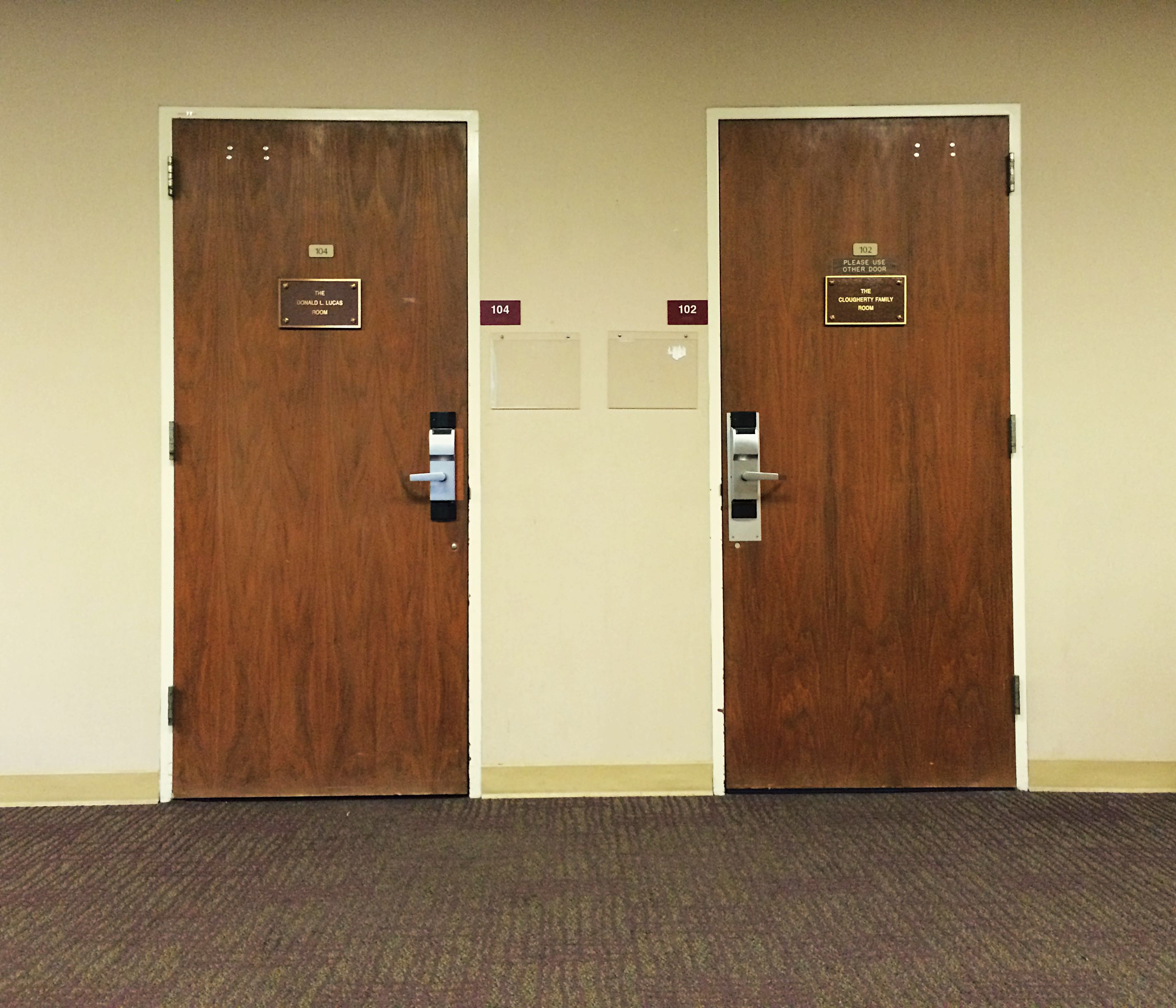
Category: teaching
the magical negro
Here is a good piece for anyone interested in hegemonic media representation: a blog post about ‘Girlfriend Intervention’, a new Magical Negro show. The show will feature sassy black women helping white women with style choices, much like the help that gay men provide for straight men in ‘Queer Eye For the Straight Guy‘.
The expression ‘Magical Negro’ was coined by Spike Lee, and refers to a black character who guides a white character in TV or movies. The black character holds wisdom and power that sometimes, at least in my mind, sits awfully close to plain common sense. Here is a list of ‘Magical Negro’ characters in recent movie and TV.
One addition to the list could be the nurse Chantelle in Passion Fish, John Sayles’s film from 1992. Chantelle takes care of a self-destructive white woman after an accident. One scene from Passion Fish spurred a comment from a black student ten years ago that I still quote to all my classes: “I’m tired of seeing my people as magical healers.”
here are two things that have to do with work

First, the secret teacher stairs. The main staircase in our building is grand, and curved, and takes up most of the main lobby. These unassuming stairs are in the back of the building. For some reason students don’t know that the stairs are there until they are about to graduate after four years. I have no idea why; it’s not like anyone is trying to hide them. The little stairs are a tad scary looking in photos, but in real life they are cool on a hot day, and quiet. Plus, they take you right outside if you want. Not bad.
And then, below, is one of the best compliments I have ever received. When he was two years old, my oldest nephew told his dad, my brother, that “Lotta knows how to play in the sandbox”. That’s a good one too. I mean, what two-year-old doesn’t like a good sandbox, and a positive review from a pro, that has to mean something. But, when a student says that you have taught them how to think… That’s hard to beat. There are a lot of cliches about teaching, but to me, thinking, and talking, is what it’s all about.
at middleton
At Middleton is a bad movie, and one I would never have watched hadn’t it been for a scathing write-up in The Atlantic. The title of the piece, by Noah Berlatsky, is College Is Not A Playground.
The movie tells the story of two parents who show up for a campus tour, with their respective kids, at a small, pretty, liberal arts college. The parents let themselves be separated from the tour, get to know each other, and spend the afternoon together. They run in sprinklers, smoke pot, steal bikes, and generally “let loose”. Their behavior is contrasted to that of their kids: The young woman (the daughter of the female parent) is high strung and focused on being a linguistics major. She meets her linguistics idol and is disappointed. The young man, the son of the male parent, didn’t want to come and doesn’t want to be there, but meets the aging campus DJ, and gets to pick and announce a song. He loves the experience, and, it follows, the college. One tiny detail from the visual story telling: In the process of the afternoon both father and son untie their bow-tie and tie. (“Letting loose.” Get it?)
In his piece Berlatsky calls out the parents for irresponsibility towards their kids, and the movie for being classist. (The mom avoids her daughters calls, and lies to her all afternoon. The cost of “Middleton”, and many liberal arts colleges, runs in the tens of thousands of dollars per academic year.) Berlatsky ends his take on the film’s message with this sentence: “The college experience is not in books, or lectures. Instead, it is a dream of freedom and possibility, for some.”
The question is what you are supposed to gain in college. A broad, general, education, skills for a profession, or something more diffuse; life skills and “experience.”
At the private college where I teach we aim for the first. A broad education that will prepare students for both life and a professional life. When talking with students it sometimes seems to me that what they want is the second, and the third: A set of specific skills to prepare them for a well defined profession, and a “college experience” of travel, trips, clubs, and parties.
I think travel, trips, clubs, and parties are great. Everyone should have them. But universities don’t need to be responsible for offering them. Just because they’re part of life, or part of being in your twenties, your college shouldn’t be required to set up the sprinklers you want to run through. To portray college as a main sprinkler (if you have patience with that analogy) provider is doing everyone a disservice. It’s making higher education look frivolous, and it’s making those who go there look stupid.
one brave little girl
I heard a story today about a five-year-old girl (the mom of one of my students) who had hid her little sister for three days because the sister was going to be sold to another family to be raised by them, and later marry one of their sons. Some people make bigger decisions at five than others will make in their lifetime.
“I’m pleading with you not to do nothing.”
Maybe I didn’t like all the details, but I liked the overall spirit, and the ending, of this speech.

